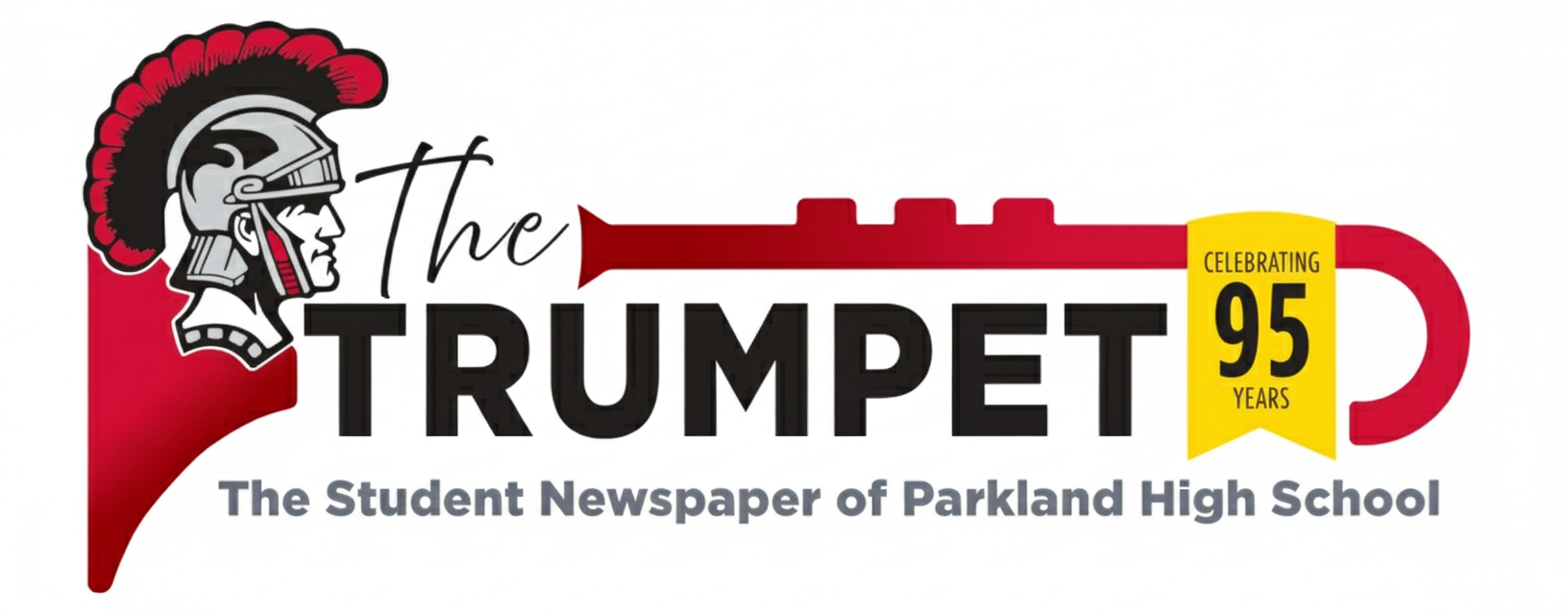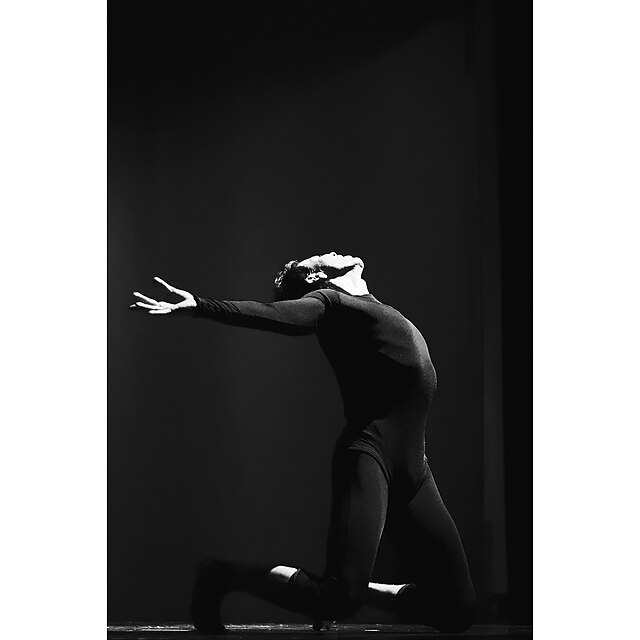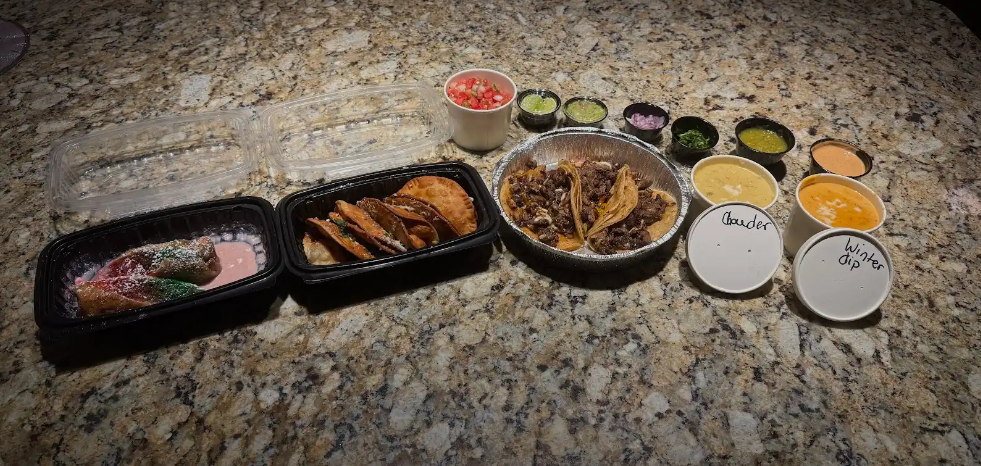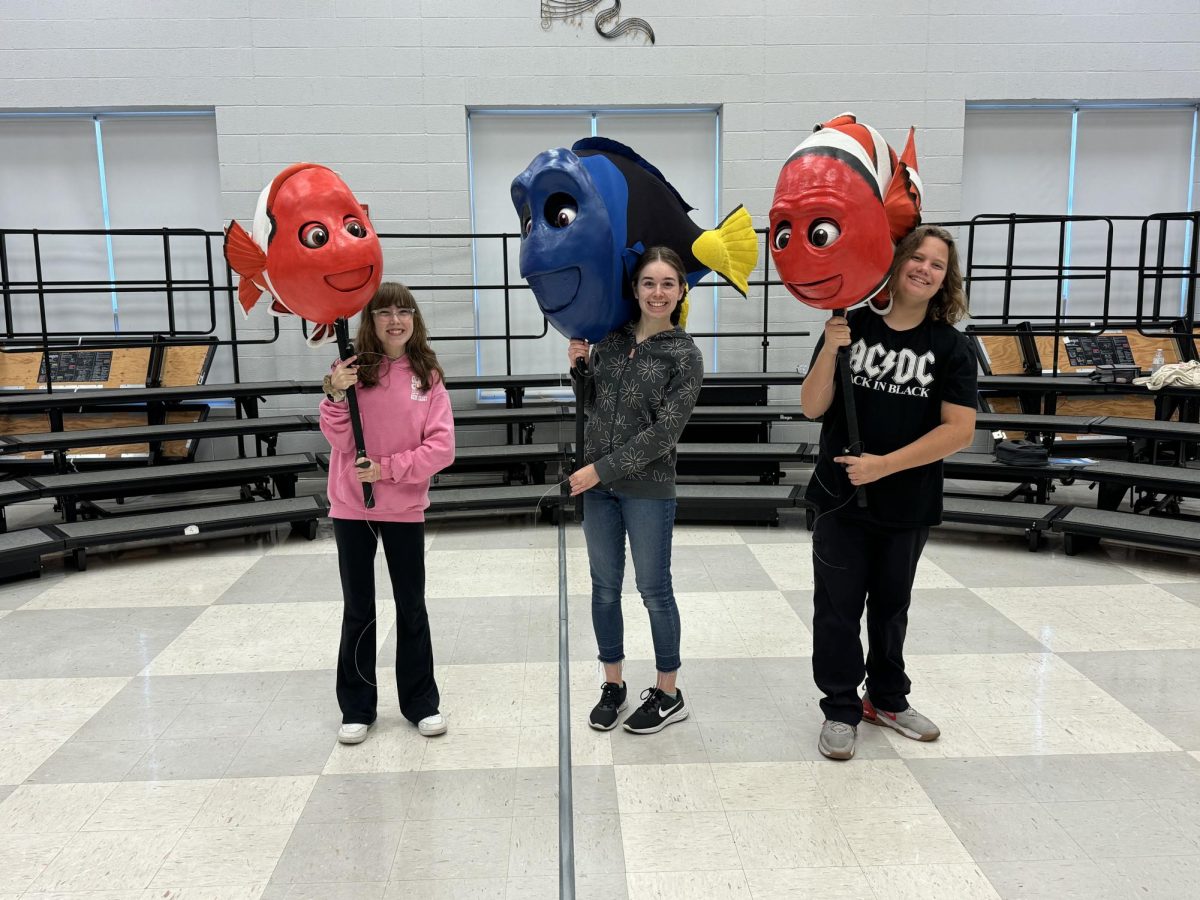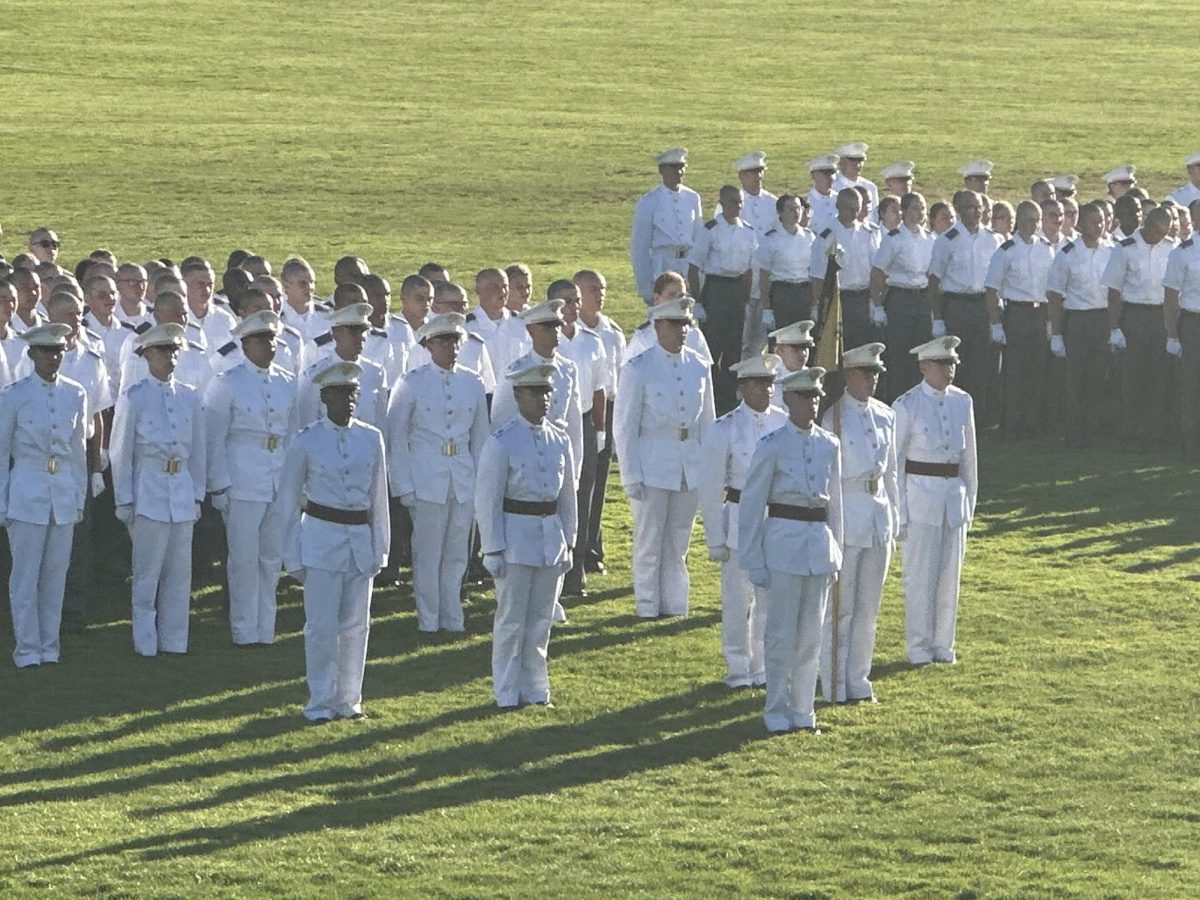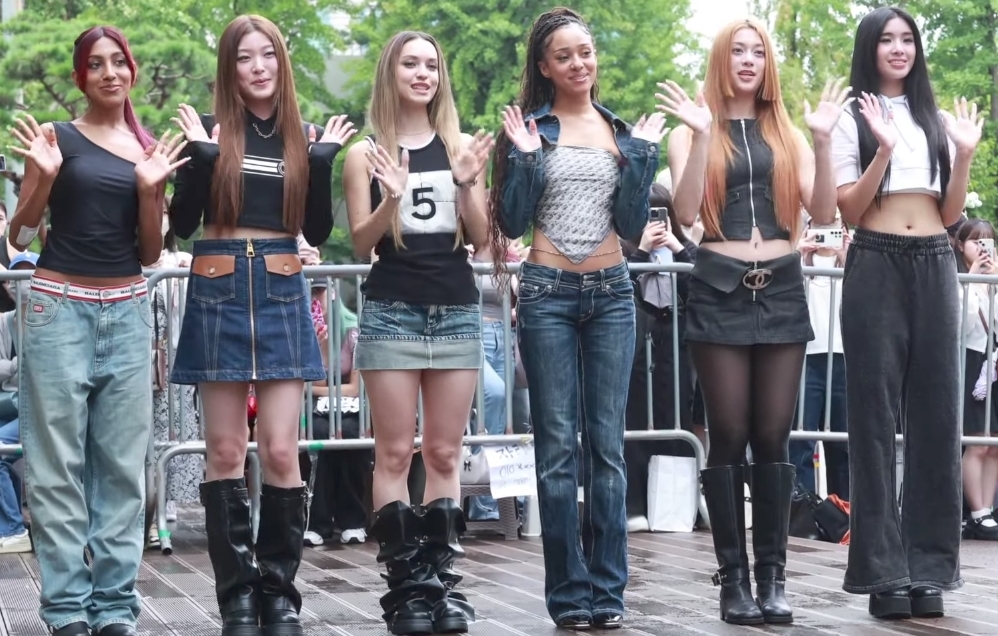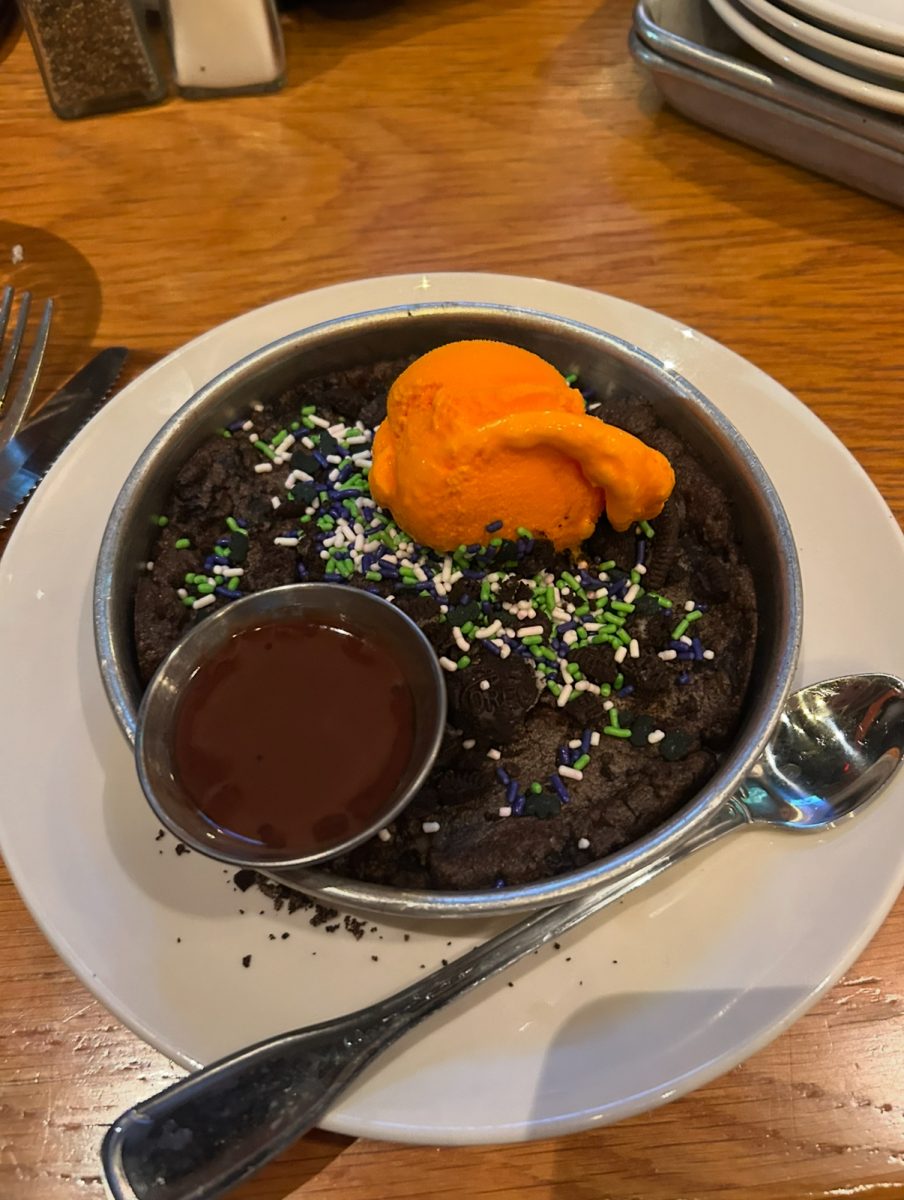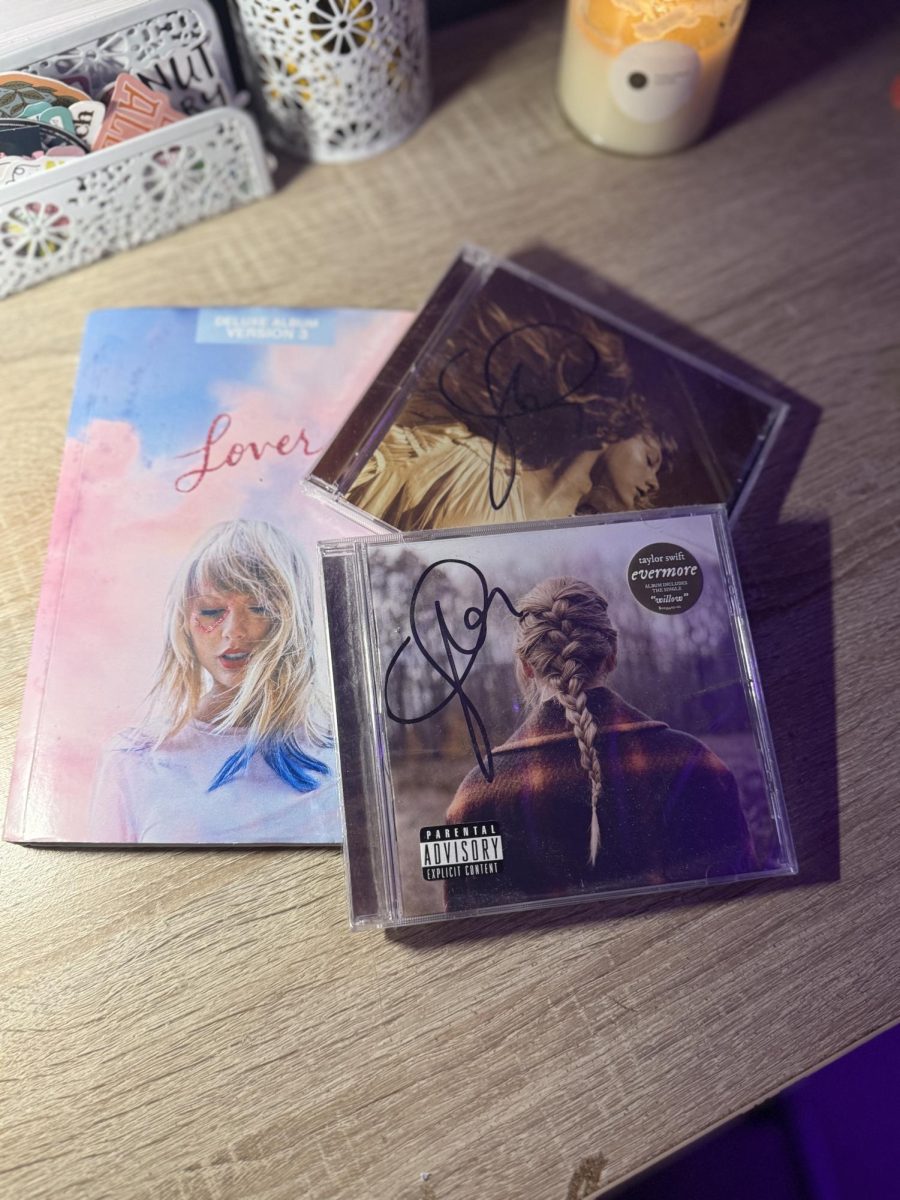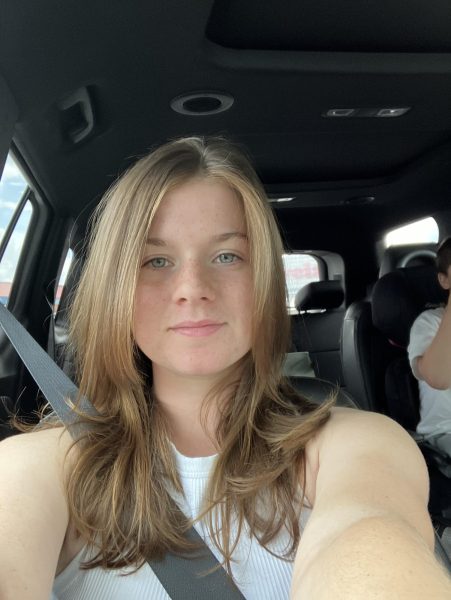Student teachers are a big part of the classroom environment here at Parkland. Though they may not always be there for the full school year, they become an essential part of the classroom after they integrate in. There are lots of student teachers throughout the school that help teach a variety of subjects. Their job is to assist teachers with lessons, help answer student’s questions, and control the classroom environment. Student teachers learn through watching lessons, answering questions, and teaching directly.
Student teachers generally begin their teaching experience by simply observing the main teacher’s methods and techniques. They aim to learn how to control and assist students in a classroom environment before they begin their own lessons. After this, they begin to assist the main teacher during classes, keeping students under control and helping to answer any questions they may have. Closer to the end, student teachers will begin to take over classes, teaching their own lessons using the systems they learned from the main teacher. The main objective of a student teacher is to learn, as they take their journey in hopes of one day having their own classroom and students.
Many students feel like student teachers are easier to talk to because they are younger and can relate more to students. Having someone closer to the age of a student in the classroom can cause students to open up more and feel more comfortable asking questions. Jordan Miller (11) told The Trumpet, “Having a student teacher greatly improved my learning experience throughout the year. When compared to my regular teacher they seem to be a lot more relatable, due to being closer to my age.”
Many student teachers have lived in the area most of their lives, and are already adapted to the local culture. Some even attended PHS before coming back to pursue their teaching career.
One such student teacher, Ms. Mierzwa, has been with PHS since January. Observing and helping to teach during Mr. Neff’s Honors and CP English, she has spent the last few months learning and working towards her goal of becoming a teacher. She shared some of her experiences on how student teaching with Parkland has helped her, telling The Trumpet, “You truly do not understand the day-in day-out responsibilities of a teacher until you have worked in the position everyday for 14 weeks. In education school, we create hypothetical lesson plans. However, we cannot understand if the lesson is feasible and functional until we have that classroom experience.” Ms. Mierzwa also mentioned some of the struggles of coming back to a high school environment after having moved on to college, citing the change in schedule and stricter rules. For anyone hoping to become a teacher, Ms. Mierzwa offers her own advice, saying, “While I’m still very new to the field, I would say a big piece of advice is to not be intimidated! Everyone has an unconscious ocean of knowledge inside of them and you always know more than you think you do.”
This article previously ran in the April print edition

